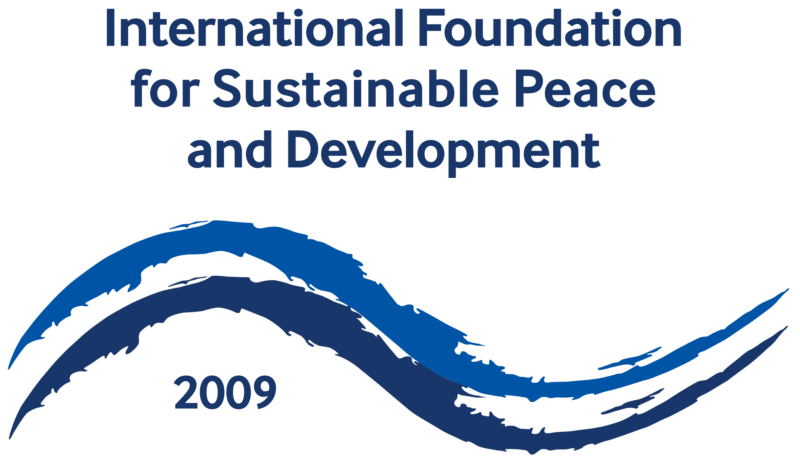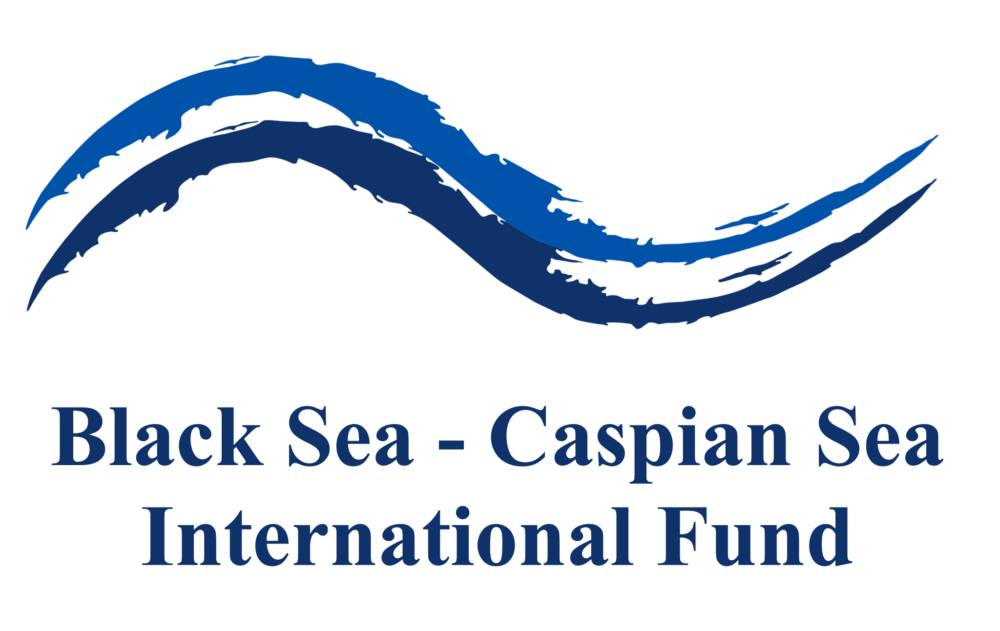The Caspian is the largest inland body of water in the world, stretching from the shores of the Black Sea to the heart of Central Asia, it is a region rich in energy resources, with huge economic potential, and a meeting point between cultures and civilizations. Given the region’s geographic position between powerful states, for much of its history it has been at the heart of global confrontations.
Amanda Paul, EPC Policy Analyst, opened the Policy Dialogue by describing EPC and BSCSIF’s new project Defining the Caspian, which is designed to analyse and discuss geopolitical, energy and economic issues in the Caspian region and its neighbourhood.
AlevBalgi, Executive Director of the Black Sea-Caspian International Fund, presented BSCSIF describing it as an international non-governmental non-profit organization, established in 2009 by the initiative of various representatives of influential non-governmental organizations, academics, scientists from Azerbaijan, Georgia, Kazakhstan, Kyrgyzstan, Republic of Moldova, Romania, Turkey and Ukraine.
Ms Balgi expressed her satisfaction over the launch of the project Defining the Caspian, and stressed that it is important to launch actions that enhance democratic processes, economic development and dialogue among civilizations by using transportation territories, developing trade and creating a sustainable energy network.
Svante Cornell, Director of the Institute for Security and Development Policy, described the Caspian as the entry point for Europe to the heart of Eurasia and stated that without access through the Caucasus and the Caspian, there is no Western presence in Central Asia and Afghanistan. He outlined Western interests in the Caspian region, which he summarized as energy, military and trade-related interests.
Denis Daniilidis,EU Chargé d’Affaires in Turkmenistan, outlined Turkmenistan’s history since its independence and the country’s energy policy. For many years, Turkmenistan had been relying on Russia as the main customer of its gas exports. This changed in 2009, when the explosion of the Davletbat-Dariyalyk pipeline halted Turkmen exports to Russia and trust broke down between partners after Ashgabat blamed Moscow for the incident. After that, Turkmenistan started investing in energy diversification, mainly by concluding several agreements with China, with whom Turkmenistan is now connected via three pipelines. It is estimated that by the end of 2020, Turkmenistan will export around 60 bcma of gas to China, making Ashgabat the biggest gas supplier to Chinese market via pipeline. “China is the ideal partner for Turkmenistan: both have a highly centralized decision making process, and human rights violations do not play a role in deciding with which partner is right for business”, he noted.
DanilaBochkarev, Fellow at the East West Institute, drew an energy map of the Caspian region. As the other speakers, he pointed out the division between East and West Caspian, with on the one side Azerbaijan having limited export routes, very focused towards the EU, and on the other side Iran, Turkmenistan and Iraq being in a more complex situation and more connected to China.
DibaNigarGöksel, Editor-in-chief of the Turkish Policy Quarterly, contributed to the discussion analysing Turkey’s role in the Caspian region. According to her, Turkey’s recent aspirations in the region were too ambitious and unrealistic for the time-frame they were conceived for. Not only Turkish “zero problems with neighbours” aspirations in the Caspian area were set into action with ill-conceived undertakings – such as the Caucasus Stability and Cooperation Platform or the Turkish-Armenian normalization process – but also Turkey’s efforts to redefine its relations with Russia and Iran by minimizing conflict and maximizing economic interdependence were unsuccessful.
Dennis Sammut, Director of LINKS, stated that the EU has the ability to influence decisions in the countries of the Caspian region, as it can bring investments and it carries a model of relationship that is never built on exploitation, but rather on the basis of mutual benefits. Iran and Russia are still important players in the area – with whom the EU has very complicated relations – and out of the other three countries touched by the Caspian, the EU has most advanced relations with Azerbaijan. Despite not yet signing an Association Agreement, Baku has expressed a desire to upgrade its relations with the EU and Mr Sammut believes that a stronger cooperation with Azerbaijan should be pursued and can yield positive results.

